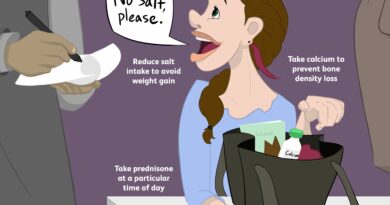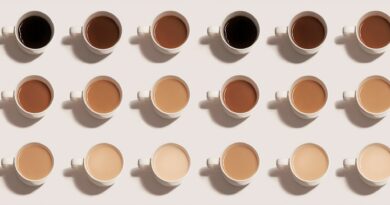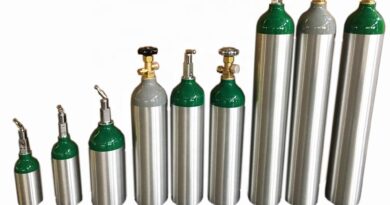Diet With Diverticular Disease
Diverticular disease is a condition that affects the large intestine. The large intestine is made up of the colon and the rectum. Diverticulosis is when small pouches, called diverticula, form in the lining of the intestine.
Diverticulitis occurs when these pouches become inflamed or infected.
Diet plays an important role in managing diverticular disease. A high fiber diet can help to prevent constipation, which can lead to diverticulitis.
Fiber helps to add bulk to stool, making it easier to pass through the intestines. Foods that are high in fiber include fruits, vegetables, whole grains, and beans. It is important to drink plenty of fluids when following a high fiber diet, as this will help to keep stool soft and easy to pass.
If you have diverticular disease, you may need to change your diet. This means eating more fiber and avoiding foods that can cause constipation or other problems. Fiber helps keep your bowel movements regular and prevents constipation.
Good sources of fiber include whole grains, fruits, vegetables, and beans. Avoiding foods that can cause constipation or other problems includes eating fewer processed foods, such as white flour and sugar.
What is the best diet for diverticulitis?
What is the Best Diet for Diverticular Disease?
There is no one-size-fits-all answer to this question, as the best diet for diverticular disease will vary depending on the individual’s specific situation and health needs. However, in general, a diet that is high in fiber and low in fat is thought to be beneficial for people with diverticular disease. This type of diet can help to prevent constipation, which can worsen symptoms of diverticular disease.
Additionally, it is important to stay hydrated by drinking plenty of fluids each day.
What Foods Should You Avoid If You Have Diverticular Disease?
There are a few different types of foods that you should avoid if you have diverticular disease. These include high-fat foods, processed meats, and refined carbohydrates. You should also avoid eating large meals, as this can increase the pressure on your intestines.
What Foods Can Aggravate Diverticulosis?
There are a few different foods that can aggravate diverticulosis. These include popcorn, seeds, nuts, and corn. While these foods may not cause problems for everyone, they can irritate the lining of the intestine and make symptoms worse.
If you have diverticulosis, it is best to avoid these foods or eat them in small amounts.
Is Salad Good for Diverticulitis?
There is no one-size-fits-all answer to this question, as the best diet for diverticulitis depends on the individual’s symptoms and overall health. However, incorporating more fiber-rich foods into the diet is generally recommended as a way to reduce the risk of flare-ups and promote healing. This means that salads can be a good choice for people with diverticulitis, as long as they are packed with nutrient-dense ingredients and avoided if they contain triggers like spicy or acidic dressings.
Working with a registered dietitian can help you create an individualized meal plan that meets your needs and improves your symptoms.

Credit: acripc.com
Diverticular Disease Diet Sheet
If you have diverticular disease, you may need to change your diet. This disease is caused by small pouches that form in the lining of your intestine. These pouches can become inflamed and cause pain.
To help prevent this, you should eat a high-fiber diet. This means eating plenty of fruits, vegetables, and whole grains. You should also avoid constipation by staying hydrated and getting regular exercise.
If you have any questions about your diet, talk to your doctor or a registered dietitian.
7 Foods to Avoid With Diverticulitis
There are seven foods to avoid with diverticulitis: popcorn, nuts, seeds, dried fruit, tomatoes, corn and chocolate. All of these foods can cause blockages in the intestines which can lead to an attack of diverticulitis. It is important to eat a healthy diet when you have this condition to prevent flare-ups.
List of Foods to Avoid With Diverticulitis
There are a few different things that you should avoid if you have diverticulitis. These include high-fat foods, spicy foods, caffeine, alcohol, and processed meats. You should also avoid eating large meals, as this can worsen the symptoms of diverticulitis.
If you are having trouble with your diverticulitis, it is important to speak to a doctor or dietitian to come up with a plan that is right for you.
Conclusion
This blog post discusses the pros and cons of different diets for people with diverticular disease. The author concludes that there is no one-size-fits-all diet for people with this condition, and that each person should work with a registered dietitian to figure out what works best for them.



